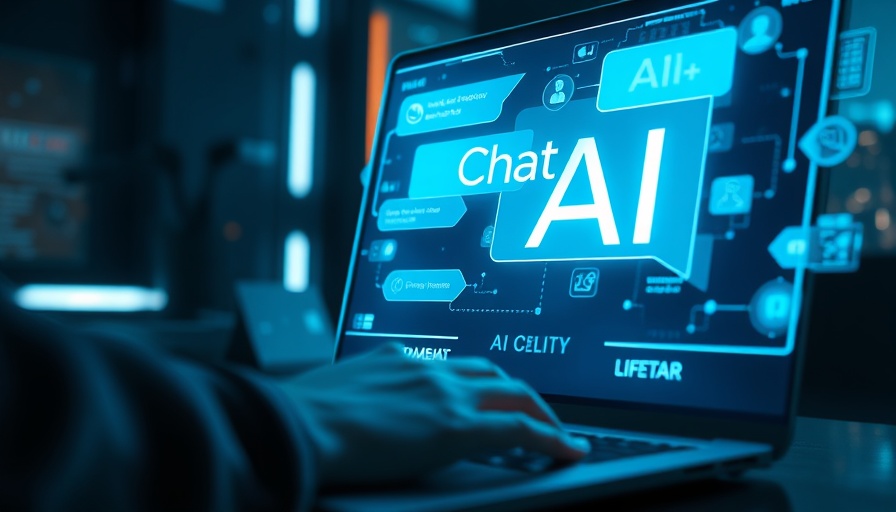
The Shifting Landscape of Employment with AI
Artificial intelligence (AI) is no longer a distant concept of science fiction; it has become an integral part of our daily lives and a transformative force across multiple sectors. Recent admissions from CEOs highlight a growing recognition that AI poses serious implications for the job market — with fears of job displacement becoming increasingly prevalent. This acknowledgment opens up conversations about the responsibilities of tech companies and societal stakeholders as we move forward in this new era of automation.
Why CEOs Are Finally Speaking Out
The shift in tone among corporate leaders signals a major change in how the business community addresses the integration of AI into the workforce. Many CEOs, from technology firms to manufacturing giants, are starting to openly acknowledge that while AI can boost productivity, it may also render certain roles obsolete. This realization, as reported by industry discussions, impacts not only company strategies but also the employee experience.
Public Perception: A Double-Edged Sword
The public opinion on AI's influence on jobs is a complex tapestry. On one hand, some experts advocate for AI's potential to automate mundane tasks, freeing up humans for more strategic roles filled with creativity and innovation. Conversely, there are rising concerns regarding the damaging effects on jobs linked to regular tasks. This fissure in belief reflects a broader anxiety about economic stability amid rapid technological advancement.
The Road Ahead: Preparing the Workforce
As we traverse this unpredictable terrain, it’s vital to consider how we prepare the workforce for an AI-augmented future. There are new economic opportunities looming on the horizon, with entirely new job categories emerging as sectors adapt to AI's capabilities. However, this necessitates a robust focus on education and reskilling programs to equip workers with the skills needed for future jobs. Stakeholders need to collaboratively address these challenges, ensuring that workforce transitions are smooth and minimize any negative impacts on the economy.
Conclusion: Embracing Change and Taking Action
The undeniable truth is that AI is reshaping our workforce landscape. As CEOs face the implications of this transformation, it is critical for individuals and businesses alike to stay informed, adaptable, and proactive. In these changing times, learning how to leverage AI rather than fear it can foster resilience and create new opportunities. Interested in navigating this complex world? Bypass any AI detector with ease!
 Add Row
Add Row  Add
Add 




 Add Row
Add Row  Add
Add 

Write A Comment